The Small Business Innovation Research (SBIR) and Small Business Technology Transfer (STTR) programs are federal programs that provide non-dilutive seed funding to startup companies for early-stage product development. Both programs have three phases, with funding available to startups in Phases I and II.
Each year, eleven Federal agencies, including NSF, NASA, and DoD, allocate 3% of their budget, through SBIR/STTR, to fund research activities that address a specific need of each agency. The SBIR/STTR programs are highly competitive and the application and proposal writing process can be daunting. Hiring a SBIR/STTR consultant can help you both navigate the proposal process and help you write and apply to the right agency.
The SBIR/STTR Assistance Program was NYSTAR funded and helped eligible companies, based in New York State, hire a qualified SBIR/STTR consultant to help them develop a proposal. This program is administered by Cornell University’s Center for Regional Economic Advancement. The SBIR/STTR Assistance Program provided matching funding (usually 1:1), so awarded companies could hire a qualified SBIR/STTR consultant.
The SBIR/STTR Assistance Program sunset at the end of 2024 but continues to provide information sessions and news related to SBIR/STTR funding. Subscribe to our newsletter to be the first to know about upcoming information sessions and important updates.
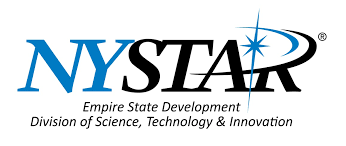
Funded Startups
Through the SBIR/STTR Assistance Program, these companies were provided funding to hire a consultant to aid them in navigating the SBIR/STTR application process.


OWiC Technologies
$999,885 SBIR Phase II
National Science Foundation

Med Dimensions
$254,580 SBIR Phase I
National Science Foundation
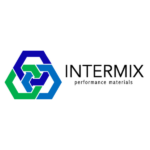
Intermix Performance Materials
$199,737 SBIR Phase I
$1,137,541 SBIR Phase II
US Department of Energy

Inso Biosciences
$250,894 SBIR Phase I
National Science Foundation

Heat Inverse
$1M SBIR Phase II
National Science Foundation

HairDays
$276,000 SBIR Phase I
National Science Foundation
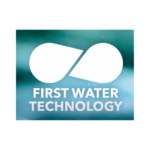
First Water Technology
$255,849 SBIR Phase I
National Science Foundation
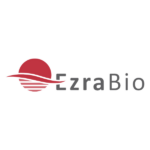
EzraBio
$256,000 SBIR Phase I
National Science Foundation

Exostellar
$1.1M SBIR Phase II
US Department of Energy

Dynamic Locomotion
$248,418 SBIR Phase I
National Science Foundation

Assistance in Motion
$256,000 SBIR Phase I
National Science Foundation
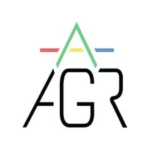
Advanced Growing Resources
$255,786 SBIR Phase I
National Science Foundation

Antithesis Foods
$998,717 SBIR Phase II
National Science Foundation

Geminatio
$275,000 SBIR Phase I
National Science Foundation
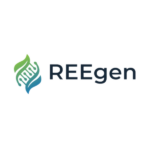
REEgen
$275,000 SBIR Phase I
National Science Foundation

ORama AI (BrailleWear)
$247,999 SBIR Phase I
National Science Foundation

Zealous Research LLC
$275,000 SBIR Phase I
National Science Foundation

Carbon To Stone
$256,500 STTR Phase I
Department of Energy

Ecolectro
$200,000 SBIR Phase I
Department of Energy

Rivalia Chemical Co.
$275,000 SBIR Phase I
National Science Foundation

EchoICs
$275,000 STTR Phase I
National Science Foundation

Neuralenz
$498,995 STTR Phase I
National Institute of Neurological Disorders and Stroke

SensVita
$305,000 STTR Phase I
National Science Foundation

Gallox Semiconductors
$305,000 STTR Phase I
National Science Foundation

Adiutrix Therapeutics
$2,350,000 SBIR Phase II
National Heart Lung and Blood Institute

ARMA BIO
$2,400,000 SBIR Fast-Track
National Cancer Institute

Ultinat
$305,000 SBIR Phase I
National Science Foundation
Company Spotlights
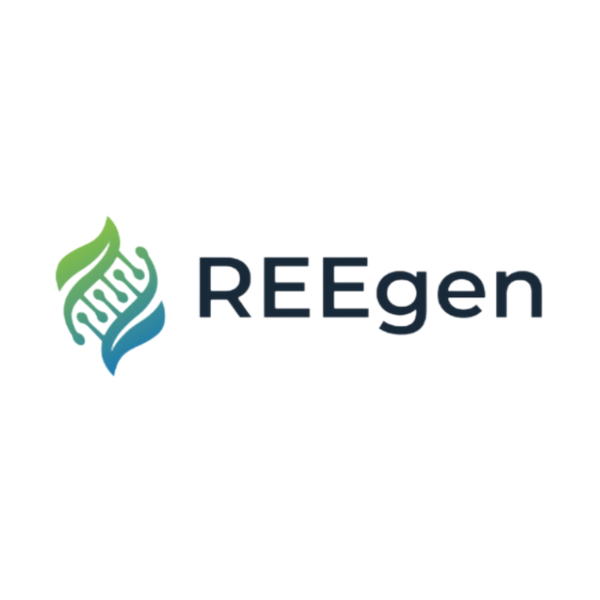
REEgen
REEgen is engineering bacteria to extract rare earth metals from domestic materials with less environmental damage.
In July 2023, REEgen received a $275,000 SBIR Phase I award from the National Science Foundation to develop a biological system that focuses on discovering the genetic variables that contribute to bacteria’s efficiency for extracting rare earth elements (REE). The long-term implications of this project will replace the most environmentally detrimental methods of producing rare earth elements with a biology-driven system that uses microorganisms that allow for a much cleaner and customizable extraction process.
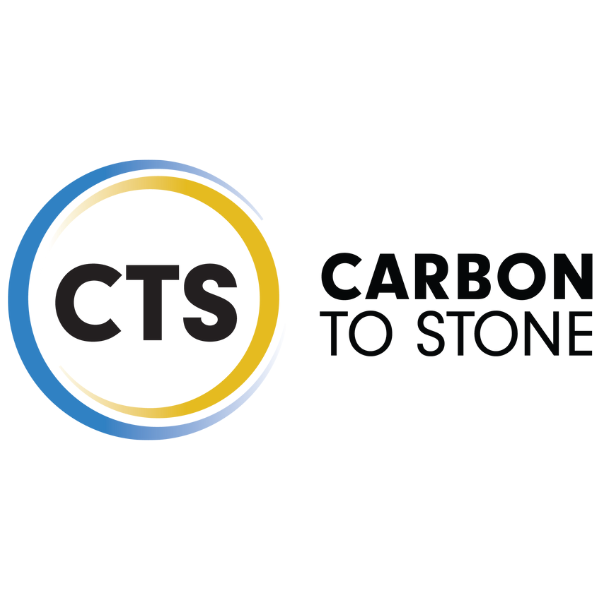
Carbon To Stone
Carbon To Stone is using a novel single-step, low-temperature process to capture and convert CO2 into valuable construction materials.
Carbon To Stone received a $250,000 award for an STTR Phase I project that uses a thermodynamically downhill process for carbon mineralization. The funding will be used for Carbon To Stone to investigate the impacts and feasibility of scaling their process to convert CO2 into calcium and magnesium carbonates for the iron, steel, and cementation industries. This novel technology will both produce valuable materials and provide a sustainable alternative to current CO2 conversion waste streams.

